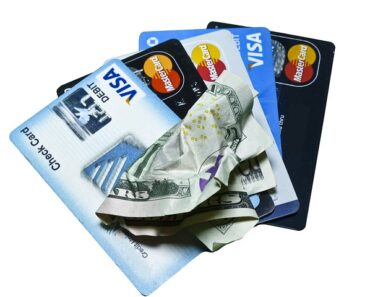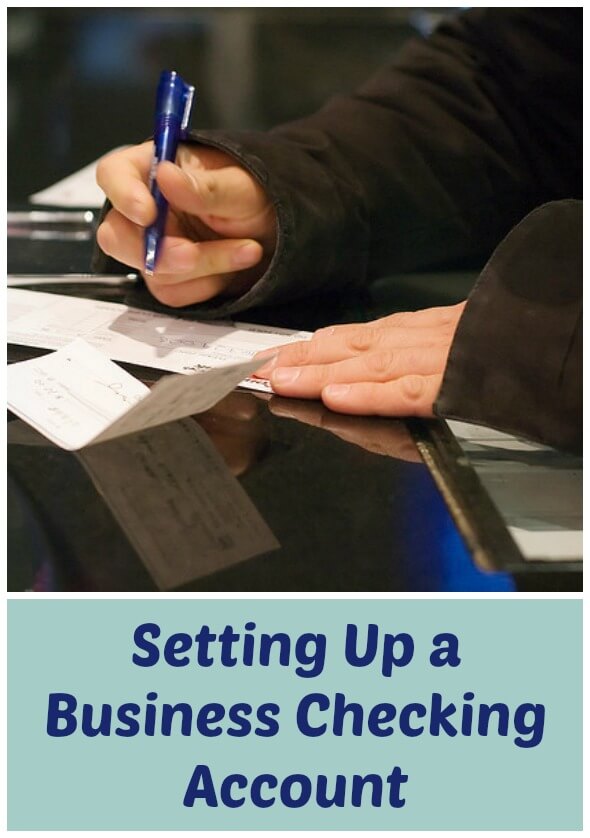With the increased push for a cashless economy around the world, many people have started to accept the use of digital payments.
Some users are trying out different online payment platforms just to see how effective they are.
One of the major driving factors for digital payments is the availability of smartphones.
Most financial institutions have developed mobile applications meant to bring their financial services closer to their clients.
But how safe is it to transact using your smartphone?
Below are 5 Must Follow Mobile Security Practices If You Use it for Money Transfer:
Table of Contents
Avoid downloading apps from unverified sources
Technology has made it easy for people to create mobile apps almost every single day.
But when it comes to the financial sector, an international money transfer app should be treated with a lot of caution.
Some people are used to downloading applications without knowing whether the source of the app is verified or not.
If you want to download an international money transfer app, ensure you do it through Play Store or App store for those with iOS.
Otherwise downloading an app from an unverified source can easily infect your device with malware.
Check if a mobile website is HTTPS secured
Sometimes you might want to send money online but the transfer service doesn’t have a mobile app.
In this case, you will be forced to use the company’s website.
But you should ensure that the website is an HTTPS secure connection before making any transaction.
Using a secure connection means that whatever data or information you are sending is only shared between the server of that website and your device.
You can know whether a website is secure or not by checking at the padlock icon in your browser.
Protect your devices or smartphone using passwords
You definitely won’t love anyone snooping around your phone.
Simple as it may appear, setting passwords on your devices is the first line of protection when it comes to online security.
And it is not just about setting passwords, you should create passwords that are strong and difficult to guess.
Besides securing your device with a strong password, we strongly suggest 2 factor authorization..
Last but not least, you should avoid storing credit card information or passwords on downloaded apps.
Avoid using free public Wi-Fi
It is always very tempting to connect and browse using free public Wi-Fi.
However, many people don’t realize the risk that comes with such actions.
Public Wi-Fi and hotspots are often the targets hackers use to access smartphones and other devices.
If you must use public Wi-Fi, then ensure you are not using a device that contains your financial details like credit card information or mobile online transactions.
In a nutshell, technology has greatly changed the way we transact.
Digital payments have become common and many people love using them because of convenience.
However, adhering to theses 5 Must Follow Mobile Security Practices If You Use it for Money Transfer will protect you from online fraudsters.
Checkout our Step by Step Guide how to Create a Famous Blog, Blogging 5 Figure Profit Secret Revealed, PayPal – Invoice Templates and 5 Quick Ways to Monetize your Blog.








